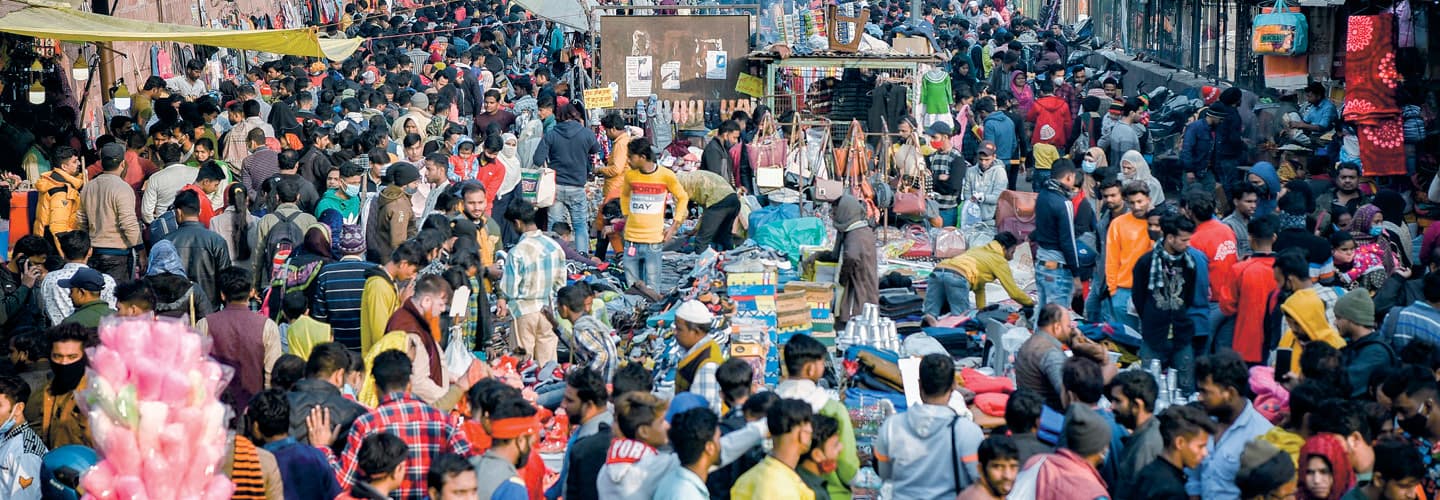Fewer than 1 billion people roamed our planet until 1804. Then, it took a little more than a century for the world to reach 2 billion inhabitants. Since that time, the global population has shot up in the shape of a hockey stick, boosted by the triumphs of modern medicine and public health.
The latest marker was passed in November, when the United Nations declared the world population had reached 8 billion—just 11 years after it passed 7 billion.
U.N. Secretary General António Guterres called it “a landmark moment in human history,” a testament to scientific breakthroughs and improvements in nutrition and public health. “In the world we strive to build, 8 billion people means 8 billion opportunities to live dignified and fulfilled lives,” Guterres said.
The growth rate, expected to slow globally in the coming decades, has been uneven around the world, presenting different challenges and opportunities. Here are a few of those that a world with 8 billion people will face.
Fewer than 1 billion people roamed our planet until 1804. Then, it took a little more than a century for the world to reach 2 billion inhabitants. Since that time, the global population has shot up in the shape of a hockey stick. The population has grown because of the triumphs of modern medicine and public health.
The latest marker was passed in November, when the United Nations declared the world population had reached 8 billion. It grew by a billon in just 11 years.
U.N. Secretary General António Guterres called it “a landmark moment in human history.” It is a testament to scientific breakthroughs and improvements in nutrition and public health. “In the world we strive to build, 8 billion people means 8 billion opportunities to live dignified and fulfilled lives,” Guterres said.
The growth rate has been uneven around the world and is expected to slow globally in the future. It presents different challenges and opportunities. Here are a few of those that a world with 8 billion people will face.

